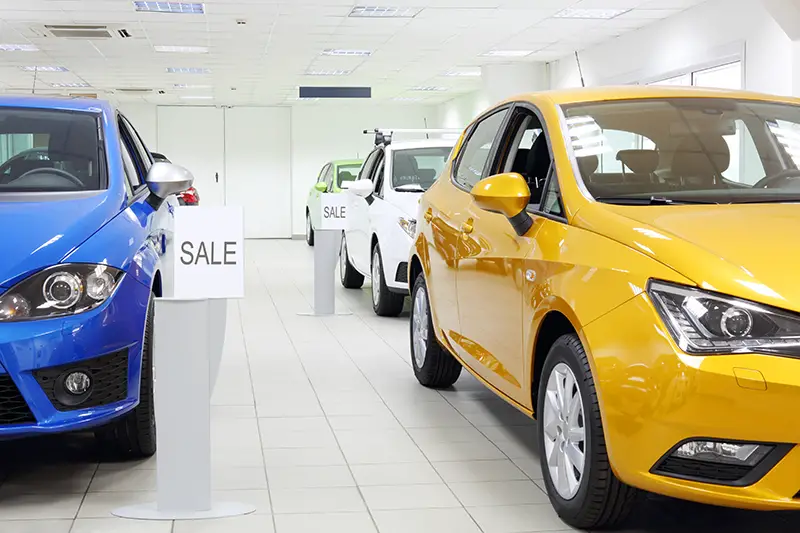Click here to get this post in PDF
Between saying “I do” and taking that backpacking trip to Asia, we’ve all had to put off things we wanted to do in the past 18 months. Covid has disrupted our employment and even our access to some of the luxuries we could usually enjoy without a second thought.
As we’re emerging from the pandemic, many of us may be thinking about ticking those items off the to-do list. Travel has begun to take off again and wedding invites are flooding in left, right and centre. However, if you’re dreaming of some new wheels, you might be out of luck, as waiting periods have soared. Hopeful vehicle owners are now facing up to a year long wait for certain models, due to a global shortage of computer chips delaying release by manufacturers.
Here, we investigate the issue further.
Increasing demand for vehicles
Reports from Autotrader show demand for vehicles is increasing. It was also revealed that more people are choosing to buy used cars, due to the excruciatingly long wait times for newer models. It’s believed interest in owning a vehicle is rising, due to concerns over using public transport following the pandemic, as well as high employment levels making car ownership more affordable now in comparison with last year.
Shortage of computer chips
The automotive industry is suffering from a global shortage of semiconductor computer chips, which are needed to offer built-in features such as digital dashboards and sat-navs in cars. The chips are currently in high demand because of the number of electronic devices sold during the pandemic. A significant number of chips have been used in smartphones, laptops, tablets and game consoles, meaning there were fewer available for the automotive industry.
Another reason for the shortage of chips is the unexpected influx of requests for new cars. Vehicle manufacturers could not have predicted the level of demand which has come in the wake of the pandemic, and therefore many don’t have a sufficient supply of chips to create enough cars.
Expected wait times
Waiting period for vehicles vary between makes and models. Skoda and Volkswagen dealers have quoted approximately 18 to 19 weeks as the wait time for potential buyers of an ID.3 or an Octavia Estate plug-in hybrid (PHEV), while a BMW dealer reported January 2022 is the earliest date they could expect to receive an X5 PHEV. However, Jaguar and Land Rover models have the longest waiting period (up to 12 months).
It takes up to 1,400 computer chips to manage a range of programs in a new car. The chips support everything from electronic window functions to infotainment systems, and even driver safety features, which shouldn’t be skimped on. Knowing this, it’s easy to see why the delays are so long and why the number of chips used can’t be reduced.
If you’ve decided to wait it out for a brand-new car, unnecessary financial stress will be the last thing you’ll want when you finally get the keys. Consider taking out PPC gap insurance, to ensure you’re protected if your vehicle is written off or stolen. You never know when something could go wrong, so it’s better to be safe than sorry.
You may also like: How to Determine the Condition of a Used Car Before You Buy It
Image source: Shutterstock.com

